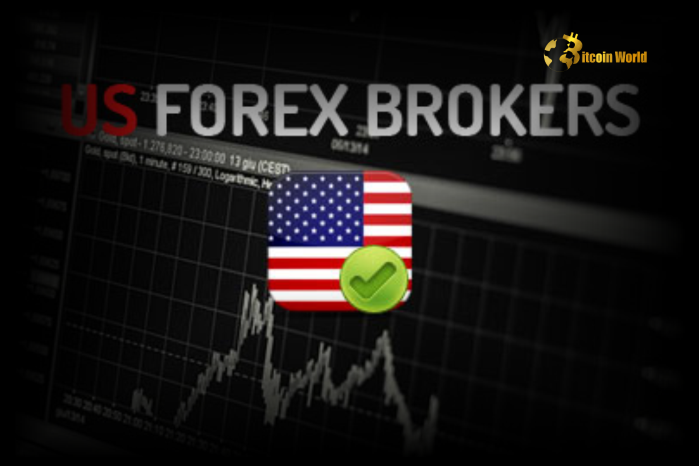How to Choose a Forex Broker in America
How to Choose a Forex Broker in America
Blog Article
How to Choose a Forex Broker in America
Foreign exchange, or Forex trading, pulls millions of members in the United Claims every year. Their utter size and liquidity make it one of the most fascinating areas globally. Nevertheless, forex in america. takes a special and strict approach to regulating Forex activities. If you are looking to trade currencies or simply just want to know the way appropriate frameworks shape the Forex market, knowledge these rules is crucial.

Key Legal Frameworks Surrounding Forex in the US
Forex regulation in the United States is distinguishable because complete chance controls and consumer protections. Two leading government bodies oversee many Forex actions:
• Product Futures Trading Commission (CFTC)
• National Futures Association (NFA)
The CFTC, made in 1974, is assigned with regulating the futures and options areas, foreign trade included. The NFA, as a self-regulatory business, works closely with the CFTC to enforce principles and maintain fairness in trading practices.
Enrollment and Compliance
Every Forex vendor or broker doing business with U.S. residents should register with both CFTC and NFA. These entities will also be needed to stick to rigorous operational criteria, including:
• Minimum web money demands (often more than in different countries)
• Continuous audits
• Powerful anti-money laundering (AML) plans
• Clear risk disclosure
Violations may cause significant fines or a permanent ban from the market. That regulatory framework seeks to stop scam, defend investors, and improve market integrity.
Important Restrictions on Forex Activities
Foundational rights affect how Forex operates in the U.S.:
• Power restricts: The NFA pieces a maximum leverage of 50:1 for major currency sets and 20:1 for minors. This is much lower than many global areas, supporting defend unskilled traders from significant losses.
• Segregation of funds: U.S. legislation requires that customer resources are kept split from broker working funds. That evaluate safeguards traders in the case a broker becomes insolvent.
• Advertising and disclosure: Firms must clearly explain risks, charges, and trading systems to clients. Unreliable or intense solicitation methods face strict penalties.
Enforcement and Penalties
U.S. agencies regularly check for fraudulent systems, insider trading, and illicit market manipulation. Mathematical knowledge from enforcement reports reveals a steady pattern of penalties and settlements recently, highlighting constant vigilance. That atmosphere, while stricter than many areas of the world, produces a better playing area for retail and institutional traders alike.
What things to Contemplate as a US Forex Trader
Recent tendencies reveal a continuous increase in regulatory measures, a focus on client training, and constant updates to compliance requirements. If you intend to industry Forex in the U.S., it's important to:
• Ensure a broker's active registration status
• Keep up-to-date with regulatory changes
• Evaluation chance disclosures prior to making trades
This method decreases unforeseen deficits and improves your prospects in a firmly regulated but strong marketplace. By understanding appropriate rules, U.S. traders can confidently take part in the Forex market while staying within the parameters of the law.
Report this page